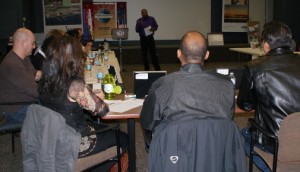
Attending a Toastmasters meeting for the first time in my life, I was reminded of that old Seinfeld joke, “According to most studies, people’s number one fear is public speaking. Number two is death. Death is number two. Does that sound right? This means to the average person, if you go to a funeral, you’re better off in the casket than doing the eulogy.” For those people who can be literally petrified of speaking in public, this is no laughing matter. Add to that the fear of speaking in public in a language that is not your own and that can really be a frightening and traumatic experience. That’s why having the support and guidance of groups like the Toastmasters can truly be a blessing.
I attended the Ajax/Pickering Toastmasters group meeting on a Wednesday night. This 45-member group has welcomed people from all backgrounds, ages and motivations in the 29 years it’s been active, and that night I had the pleasure of watching five of them honing their public speaking skills– some first timers delivering what they call “Ice Breakers” and a a few other more seasoned speakers. The topics ranged from life in Canada after moving here from Germany, someone giving pointers on how to hold a successful job interview; someone spoke about the challenge of getting out of your comfort zone, in her case, by joining a choir for the first time and two of the more seasoned speakers gave out awards to colleagues. As a guest, I could see that even though the speakers were a little bit nervous, the group was supportive, welcoming and friendly, and everyone seemed to feel at ease.
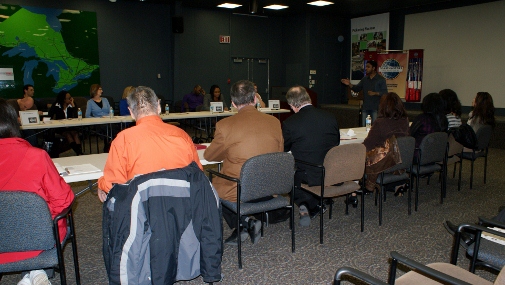
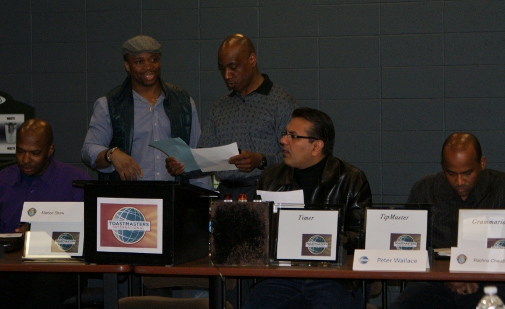
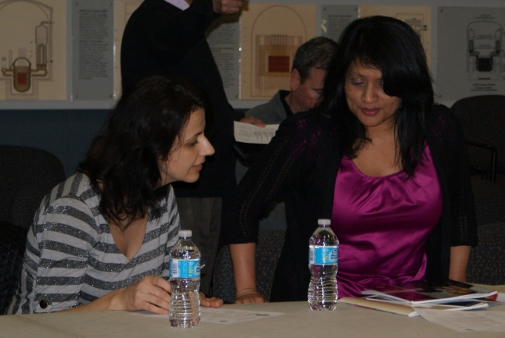
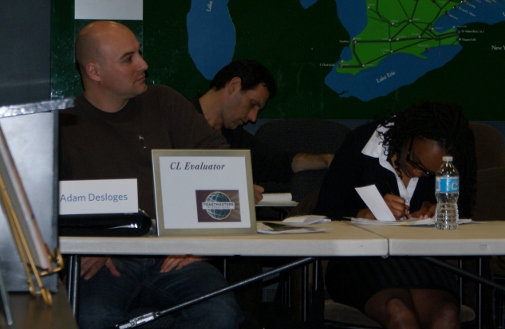
Dennis Kelly is the President of the Ajax/Pickering Toastmasters Club, one of 208 in District 60 and part of the approximate 5,000 clubs around the world. Toastmasters was founded in Santa Monica, California, 85 years ago and it came to Canada– to British Columbia, to be exact– in the mid 1930s. It is now a worldwide organization that boasts over 250,000 members in every corner of the world. “We come from all walks of life, occupations, and for different reasons,” reads the text of their welcome letter, “but mainly we’re here because we want to improve our public speaking and communication skills in a safe, supportive environment.”
But it’s more than that, says Kelly. “It’s a wonderful opportunity to meet with and work with people in a non-judgemental role. There are no teachers at Toastmasters. It is an evaluation by peers. It is leadership development by participation, by taking on different roles every week and by learning through the different manuals that Toastmasters provides on how to improve your confidence and improve your speaking abilities.”
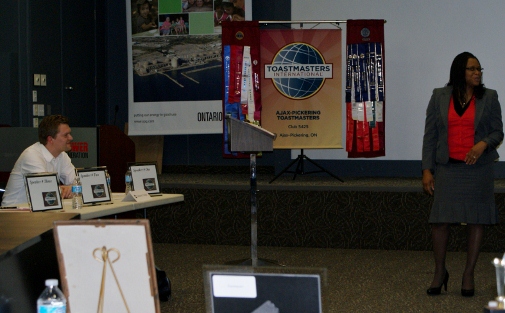
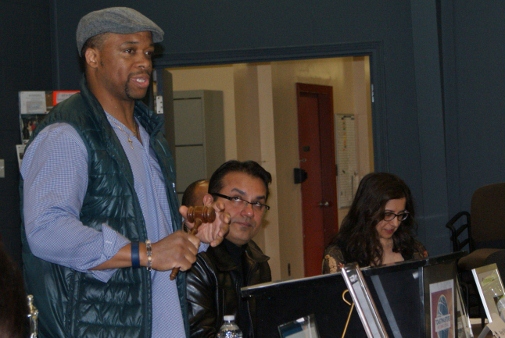
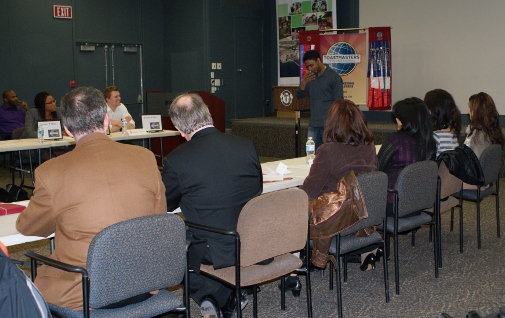
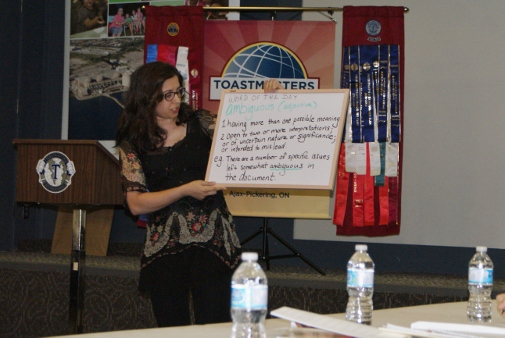
New members receive the new manual, called Competent Communicator, a series of 10 speeches that they then develop with the help of a mentor, a more seasoned member who helps them familiarize with the process, get used to what to say and how to say things, how to structure a speech, voice, inflection, gestures and whatever else is necessary to get them to conquer the fear of public speaking. Each week there are different roles to play: Chair, timekeeper, tip master, grammarian, evaluators and speakers. ”What you can expect as a new member,” says Kelly, “is a lot of support, a lot of training and a lot of guidance. We’re not here to police you as to what to say or not to say but rather how to best present yourself.”
For people whose first language is not English, it can also be very helpful because there’s a lot of positive that can be taken away from this experience, given that added to the fear of speaking in public, doing it in another language can be even more daunting. Toastmasters clubs welcome and encourage members from other ethnic background to join, says Kelly, because they add to the flare and to the flavour of each weekly presentation. “It’s also a chance for us to learn from them and to provide some assistance. Nobody’s here to critique or give you grammar lessons, necessarily, as much as they are here to help you become more comfortable and confident. Any critiquing is done with a great deal of affection and support, and not to be intimidating because that can be a very unsettling situation.”
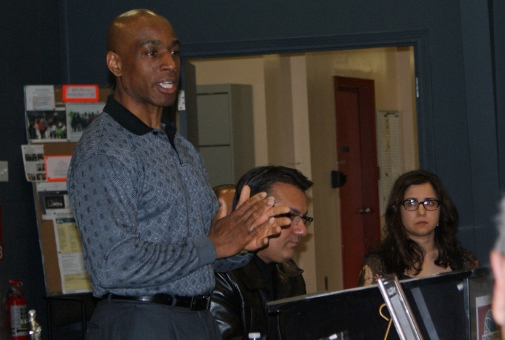
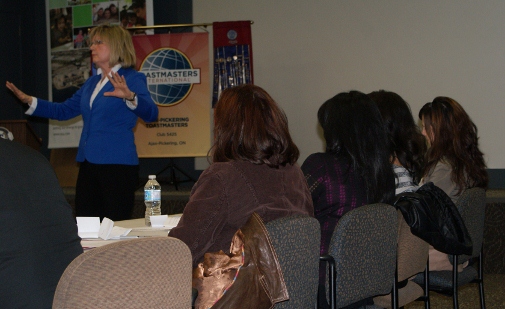
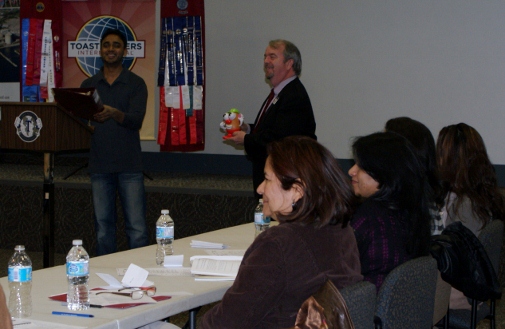
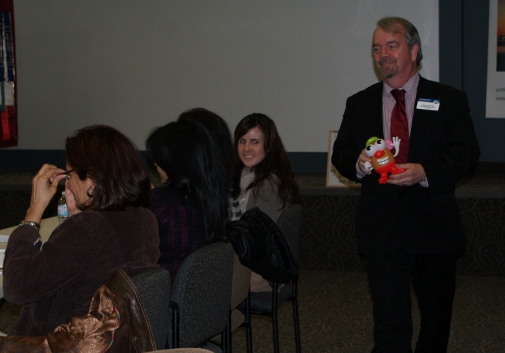
The topics for speeches are as varied as the members themselves, says Jason Thomas, V.P. of Public Relations for the club. They provide the layout of what’s to be included, “but you bring yourself to the topics and that helps make it a little more familiar,” he says. “We want to make sure people feel comfortable on the subject, and that helps make them feel more comfortable during the speech, and it really does improve the quality of the speech and gives everybody else extra confidence as well.”
The range of people and the reasons for joining are also quite varied “Some people just feel they need to break out of their shell, they’re not very confident with themselves and the way they speak. Some people have a business purpose and they want to make a little bit more of a connection with their audiences. Some people want to give a speech at a wedding. It’s as varied as the members themselves, and it’s a great testament to how Toastmasters can help in all the different facets of life.”
Dennis himself landed at Toastmasters eight years prior looking to improve his presentation skills for his business. He was a bundle of nerves presenting to more than two or three people. The structure, the support of the other members and knowing that no matter what he does he cannot fail was freeing and it helped him build up his confidence. A couple of years ago he had to give a speech at his daughter’s wedding, and other than the emotion of it being such a special occasion, giving the speech was quite easy. One very important thing he has learned throughout the process has been that no one is sitting there with the speech in hand expecting him to say the next thing. “Whatever I said was what they expected me to say. That was the light bulb moment for me to relax and be confident.”
But just as the members, backgrounds, ethnicities and the reasons for wanting to be part of Toastmasters are varied, so are the ages, and this particular club has a very successful program for children and teenagers, ranging from 8 to 17 years old, divided in smaller groups closer in age. For Thomas, the experience of teaching these important skills to this young group has proven to be amazing, seeing them build up their confidence and public speaking skills as the program progresses. “The more time they have to work with these tools, the better they’re going to be later on down the road. And it’s a very valuable tool.”
There is no graduating, per se, from Toastmasters, but members can take it as far as they wish to go. After the first series of manuals is completed, there is a progression of more manuals that can take you to more challenging roles and speeches. When someone moves through the first ten speeches, they receive a Competent Communicator recognition and they can then start moving on to advanced communicator, bronze, silver, gold and even move further to do leadership programs all the way to the ultimate recognition, DTM or Distinguished Toastmaster. Some people achieve their initial goals, learn the skills they need and move on. Others, says Kelly, keep coming back and finding something new with each passing year.
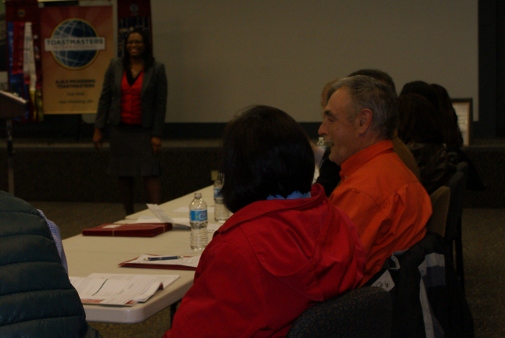
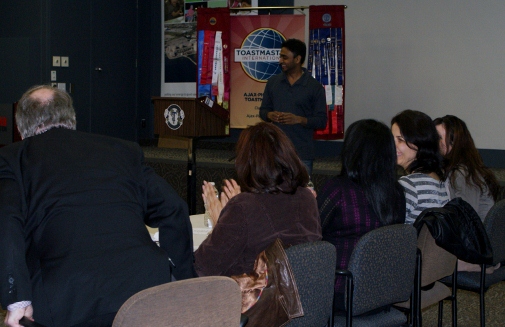
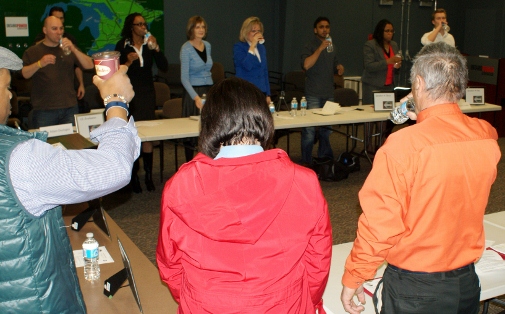
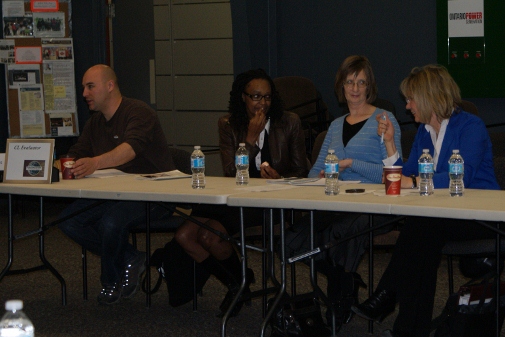






























Leave a Reply